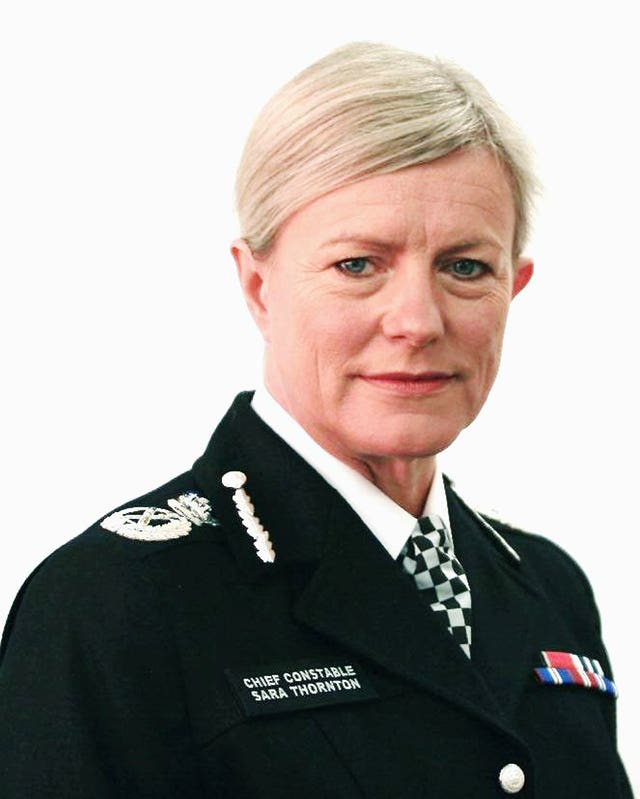Police will use more stop and search powers to find weapons, says Met chief
Commissioner Cressida Dick said her officers had used section 60 orders more than 100 times in the last year.

The use of a blanket stop and search power in suspected violent areas of London has increased fourfold in the last year, a police chief has said.
Metropolitan Police Commissioner Cressida Dick said the force had carried out a considerably increased amount of stop and searches using section 60 orders since she took over a year ago.
The power, which allows officers to search anybody within a defined area where police believe there is a risk of violence, has been used 106 times in London in the last year, up from 23 in the previous 12 months.
!– TAG START { videoIds: “5ac8d26042b0717155ebfc5a” rssVideoIds: “31203” player: “PA 2017 Template”, owner: “Press Association White Label”, for: “Press Association White Label” } –>
It comes after one of the country’s most senior officers, Sara Thornton, chairman of the National Police Chiefs’ Council, said a backlash against the controversial powers had gone too far.
Under the Met’s anti-knife crime operation, codenamed Sceptre, 199 firearms and 3,751 knives and offensive weapons have been seized.
And Ms Dick said: “We will be doing stop-search. Stop-search in the last few years has come down, in the last year we have been doing more section 60, a considerable amount more.
“We have also been doing a considerable amount of searches for weapons and the number of weapons we have recovered has been going up and up as a result of stop and search. I anticipate that will continue.
“Weapons are too freely available on the streets of London and we need to keep taking them off the streets.”

Ms Dick said her officers had made arrests in 43 of cases, with charges brought in 33 of them.
But she admitted many of the victims were young people and, when asked about why the rate of solved murders had fallen to 72%, said often gang-linked killings were “hard cases to prove”.
She said: “Most young people never get involved in crime, most young people are not affected by crime, but in some of our communities there is a very real fear – and indeed for many parents there is a very realistic fear – that a member of their family could get involved and get hurt.
“A lot of these cases are not classic whodunnits – more often than not we have a good idea of who was involved. Proving which one of those people did that is hard.”
She added solving the cases was made harder when officers were met with a “wall of silence” in the community.
“Very often nobody wants to tell us anything,” she said.
“These are hard cases to prove and tragic for the family if we cannot prove them.”
This week, the Government laid out a 114-page strategy to make Britain’s streets safe, including detailed sections on a range of possible factors including the emergence of social media and changes in the drugs market.
Commander Jim Stokley, who heads the Met’s Trident gang unit, also said officers had held “successful” meetings with senior representatives of social media companies about removing content that provokes violence.





